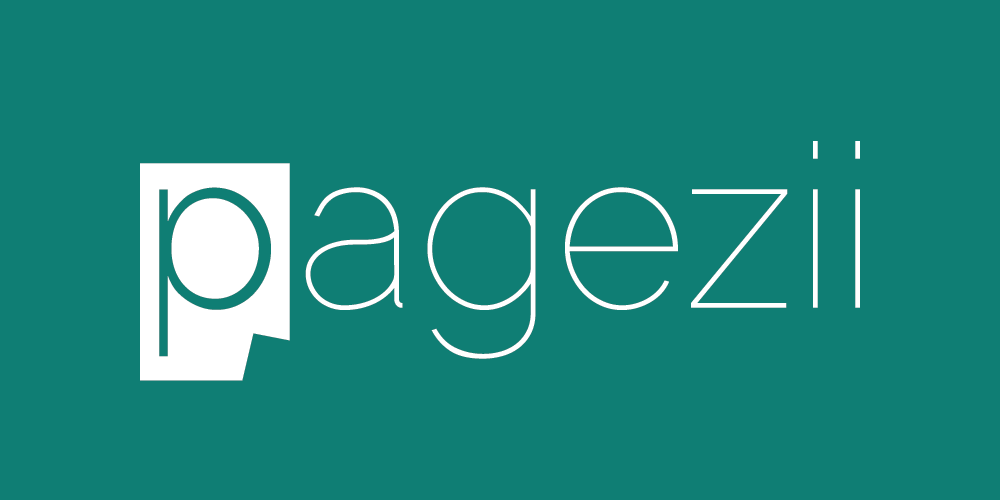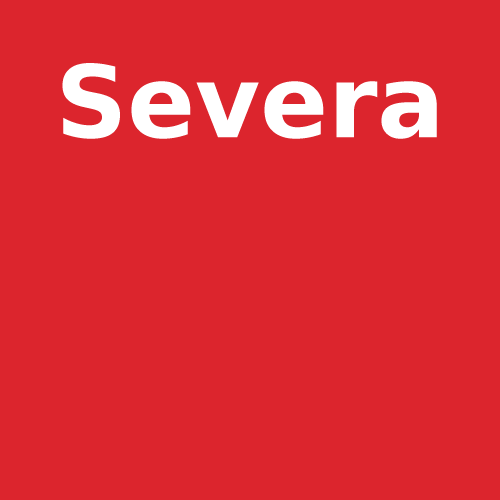Google Adwords cost savings with residual searches
Google has residual memory of most recently used search terms. This memory influences the sponsored results generated by the next few searches (usually up to 2-3 pages.) For example, search for Online ERP on Google.

Not so surprisingly, all of the Ads will be ERP related, as well as the organic searches. Now search for something different, but somehow related to Online ERP. For example, use software as a search term.

Remarkably, you find multiple ERP ads appear. These Ads continue to appear on the next pages until ERP is flushed from residual memory. Residual search terms influence the displayed ads when there is a coupling/association with the new search term. (I.e. ERP can be a subset of Software.)
Wingman Advantage
Sometimes, residual search terms cost more than the current search term. This is the case in the ERP/Software example.
- ERP avg CPC – €2.6
- Software avg CPC – €1.6
In this case, using residual search for wingman advantage is a good idea. You get ERP traffic for €1.6, instead of paying full price of €2.6. This is a cost savings of 60% from your ad budget.
Reverse Search and Parallel Search Progression
Residual search terms are a hard nut to crack, because most searches develop through a natural thought progression, with the CPC increasing with every new search. For example, a user searches for “software”, then develops it into “ERP”, and narrows it further to “ERP software”.

There are two ways when the CPC of the new search is lower than the preceding search. These are:

- Reverse Searches: When the user goes back on the search for whatever reason. In this example, at point 1a, ERP ads are shown for €1.6 instead of €2.6.
- Parallel Searches: when a new search is triggered based on the preceding search. For example, at point 3a, ERP ads are shown for €1.5 instead of €2.6.
The trick is to figure out which of your keywords can work in either reverse search progression or in a new parallel searches. Remember not all of your keywords will work like that, and you need to figure that out through trial and error. Below are a few tips to get you started:
- Create a new Ad-group for residual keywords. This way you don’t spoil the Quality Score of the same keywords in other ad-groups.
- Set your Max. CPC of your residual keywords low, so that those ads aren’t triggered. This way you don’t ruin your CTR (and your Quality Score)
- Point your residual keyword ads to other landing pages (this way you don’t lower the performance of your real landing pages)
- Make sure there is vast average CPC difference between your residual keyword and your searched keyword. The greater the difference the more cost savings for you.
- Also make sure that there is enough traffic from the new search term to make all this exercise worthwhile.
- Most importantly monitor your conversions. You may get cheaper traffic, but make sure this new traffic converts for you.
Trackback from your site.









VJ Kumar
| #
Very interesting analysis. But not sure if it work. Too many times user clicks on all ads and you spend on Click. Then user goes back on search and click your ad again. You pay twice then! I try this before.
Reply
Mike S
| #
This is good stuff! I guess this only works in search. How about content networks?
Reply
Zaki Usman
| #
@Mike No it wouldn’t work in Content Networks.
@VJ Yes, its tricky to get it to work… its hard to say how a user will click on what.
Reply
Wazin H
| #
This is a good way to save some money on Adwords. I like the idea, thank you!
Reply